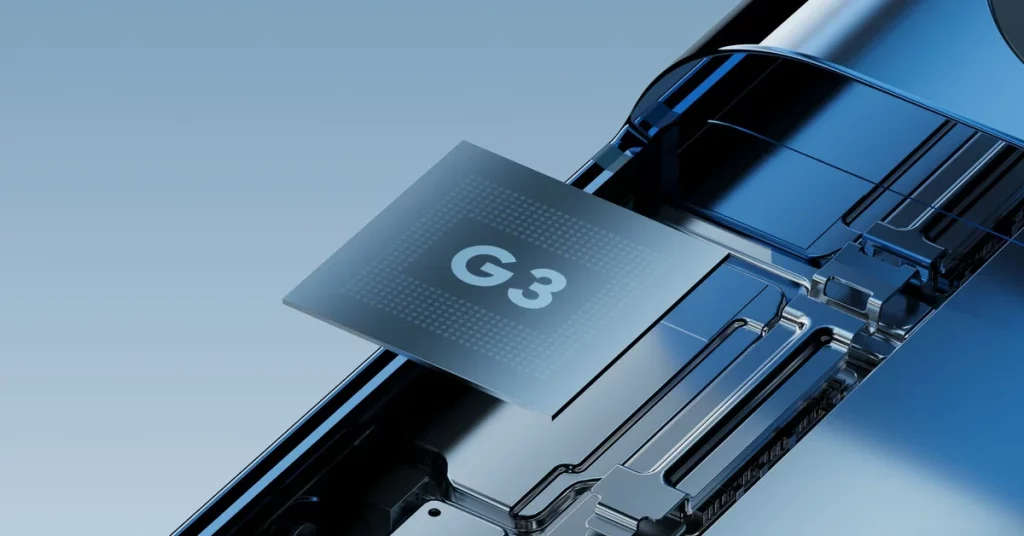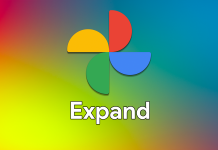Google‘s current-gen Tensor G3 chip, used in the Pixel 8 series, has a hidden feature — built-in support for the AV1 codec. This marks it as the first smartphone processor capable of handling AV1 video. Impressively, the processor can encode video at 4K resolution and 60 frames per second (FPS).
For those unaware, AV1 is a newer video compression standard that promises better quality and compression compared to the older H.264 codec.
Tech sleuth Mishaal Rahman shared a code snippet confirming the processor’s AV1 support up to 4K resolution and 60FPS. This puts the Tensor G3 ahead of competitors like Qualcomm, MediaTek, and Samsung in terms of this specific encoding capability.
However, there’s a catch — despite the Tensor G3’s AV1 support, there are currently no widely used applications, including Google’s own Pixel Camera app, that can utilize this feature for encoding at 4K 60FPS.
Without software support, users won’t immediately benefit from this hardware capability.
So the absence of AV1 encoding support in other chipsets may also be due to compatibility concerns.
The H.264 format remains widely used and supported codec currently, ensuring videos can be easily viewed across different devices.

However, it’s important to note that Apple’s A17 Pro chip, used in the iPhone 15 Pro models, also supports AV1 decoding but not encoding.
Google could possibly introduce AV1 encoding support in future Tensor chip iterations and update its camera app to leverage this feature.
However, once applications start supporting AV1 encoding at 4K 60FPS, the Tensor G3’s unique capability remains more of a technical curiosity than a practical advantage for users.
Related:
- MediaTek partners with Google to optimize Gemini Nano for Dimenstiy 9300 and Dimensity 8300
- Google Pixel Fold 2 CAD renders emerge, showcases redesigned camera module
- Get Redmi K70 Pro for discounted price of $499
- Xiaomi Band 8 Genshin Impact custom edion get a huge discount
- Get $100 OFF on Xiaomi 14 Pro at Giztop (1TB Variant)
- How to add custom GIFs and stickers to WhatsApp





